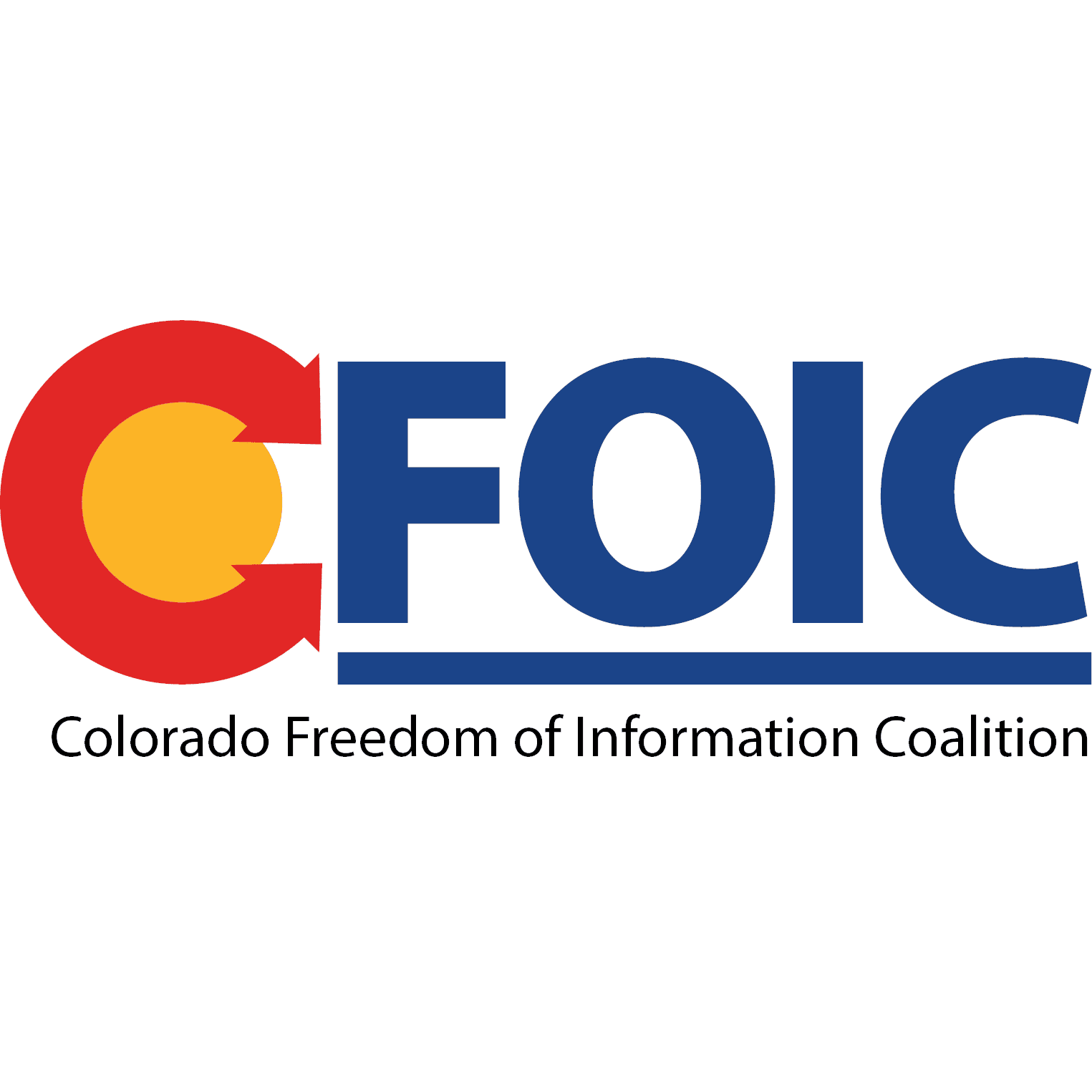One day in October 1985, the late Neil Westergaard, then The Denver Post’s state Capitol bureau chief, introduced me to the ancient rolltop desk I would use for the next five years as a statehouse reporter for the newspaper.
Rummaging in the drawers and cubby holes, I found rubber bands, paper clips, old “pink book” guides to past legislative sessions and something else — several bottle openers with the Coors logo on them. The openers and an office refrigerator that no longer worked, I learned, were relics of a bygone era that had started to fade away 13 years earlier — now 50 years ago next month — with the passage of Colorado’s Sunshine Law.
Approved by Colorado voters in November 1972, the Sunshine Law ushered in a new era of government transparency in our state, establishing stricter rules for open meetings at the Capitol and providing the basis for the more wide-ranging transparency law that now dictates how all public bodies statewide conduct business.
It also required lobbyists to disclose how much money they spend to influence legislation in Colorado. And that included William R. Spencer, lobbyist for the Colorado Beer Distributors Association.
“When the first quarterly lobbyist reports were filed, I pored over them at the Secretary of State’s office and wrote down everything that looked interesting — including, in the spirit of transparency, how much the state alcohol lobby spent to keep the refrigerator in the press room stocked with beer,” recalled retired Denver Post politics editor Fred Brown, a longtime board member and secretary of the Colorado Freedom of Information Coalition.

